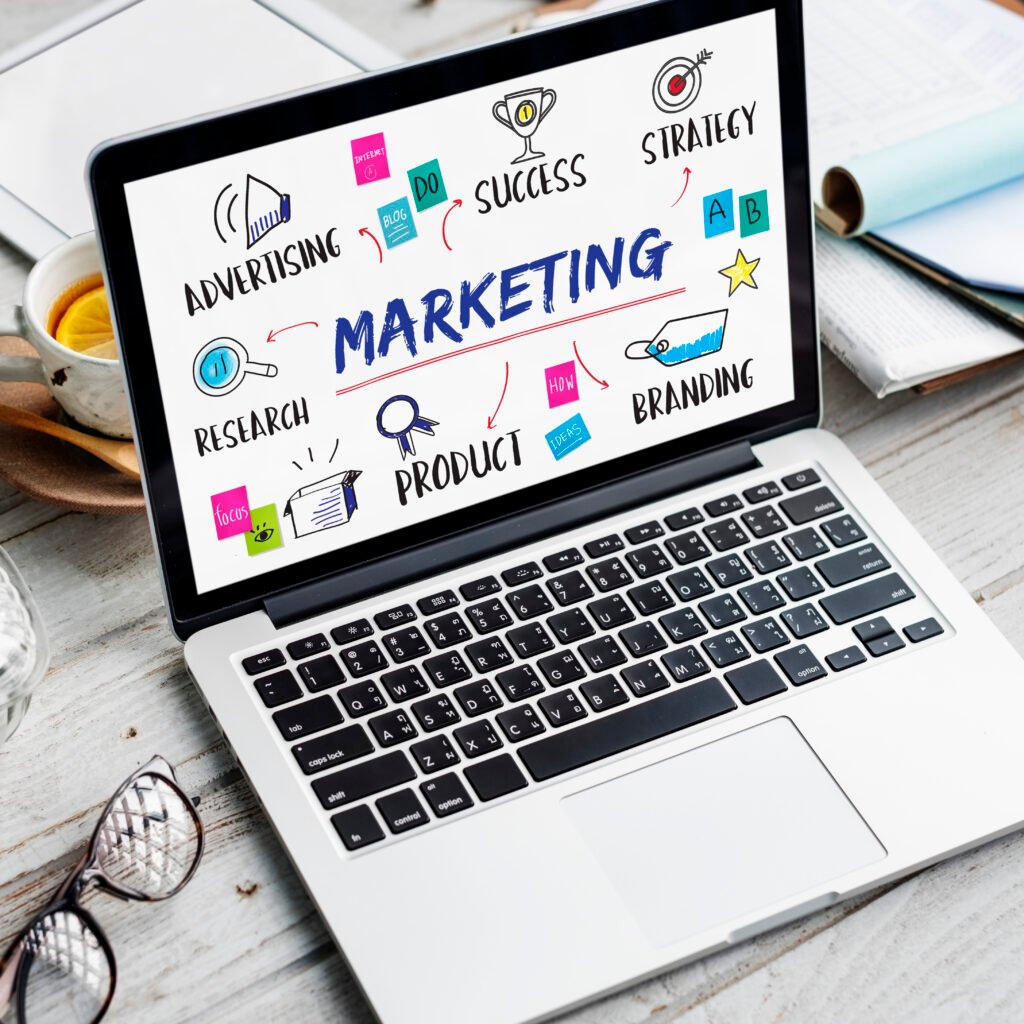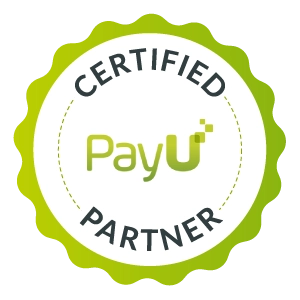
In the fast-paced, digitally driven economy of 2025, small-scale service-based businesses are faced with both immense opportunities and growing competition. From local salons and fitness trainers to freelance consultants and cleaning services, digital marketing offers a transformative edge. This comprehensive guide explores how the benefits of digital marketing for small businesses empower service providers to grow, compete, and thrive.
1. Enhanced Online Visibility (Small-Scale Service-Based Businesses)
For service-based businesses, visibility is the first step toward attracting clients. Digital marketing allows these businesses to establish a strong online presence through SEO, Google Business Profile optimization, and local listings.
Example: A local plumber can rank at the top of Google searches for “emergency plumbing services near me” with the right SEO strategy, increasing client calls significantly.
2. Targeted Local Advertising
Platforms like Google Ads and Facebook allow small service providers to run highly targeted campaigns based on geography, interests, and behaviors.
Benefit: Maximize ROI by ensuring ads reach only potential customers within your service area.
3. Credibility Through Reviews and Testimonials
Client trust is key for service-based businesses. Digital marketing facilitates online reviews, video testimonials, and star ratings that influence buying decisions.
Strategy: Encourage satisfied clients to leave reviews on Google and Facebook to build credibility and attract new leads.
4. Cost-Effective Branding
Small businesses often operate on tight budgets. Digital platforms enable consistent branding through social media, websites, email signatures, and blog content without major investment.
Tools: Canva, Mailchimp, and free website builders help maintain professional branding across all touchpoints.
5. Relationship Building via Email Marketing
Email remains one of the most cost-effective ways to nurture client relationships. For service-based businesses, it offers an opportunity to share updates, promotions, and personalized content.
Best Practices:
- Send appointment reminders
- Share how-to tips or seasonal advice
- Offer exclusive deals to loyal clients
6. Educational Content to Establish Expertise
Blogging, video content, and guides are great ways for service providers to demonstrate knowledge and position themselves as trusted authorities.
Example: A local accountant might write monthly tax tips, improving SEO and attracting new leads while building authority.
7. Real-Time Communication with Clients
Social media platforms and messaging tools allow businesses to engage clients instantly.
Benefits:
- Answer questions on Facebook or Instagram DM
- Confirm appointments via WhatsApp or Messenger
- Address service concerns in real time
8. Increased Referral Potential
Satisfied clients often become your best marketers. Digital tools amplify word-of-mouth through social sharing, tagging, and online reviews.
Tip: Encourage check-ins, reviews, and photo sharing during service to organically increase reach.
9. Performance Tracking and Analytics
Digital marketing tools offer actionable insights into what’s working and what isn’t.
Metrics to Monitor:
- Website traffic and bounce rate
- Ad click-through rates
- Social media engagement
This allows for continuous optimization of strategies.
10. Competitive Edge Over Traditional-Only Providers
Many service-based competitors still rely on traditional advertising. Going digital allows early adopters to capture more market share.
Example: A fitness coach offering virtual classes and booking through Instagram gains more clients than one relying on paper flyers.
11. Social Proof and Client Stories
Sharing client success stories and case studies builds trust and illustrates real-world benefits of your services.
Idea: Post before-and-after photos or testimonials that show the transformation clients experienced.
12. Flexible Budgeting and Scaling
Digital marketing campaigns can start small and grow over time. From boosting a Facebook post for $10 to launching a full email sequence, the flexibility is unmatched.
Why It Matters: You can test strategies, measure impact, and scale up what works—perfect for small businesses.
13. Automation for Efficiency
Marketing automation saves time on repetitive tasks like scheduling social posts, sending confirmation emails, or following up after service.
Tools to Explore:
- Buffer or Hootsuite for social scheduling
- Mailchimp or ConvertKit for emails
- Calendly for appointment booking
14. Enhanced Customer Experience
Digital marketing improves the entire client journey—from discovery to service delivery and follow-up.
Customer Journey Mapping Includes:
- Awareness via SEO or social media
- Decision aided by reviews and testimonials
- Booking and reminders via email or chat
- Post-service follow-up and feedback requests
15. Access to New Revenue Streams
Service-based businesses can diversify with digital tools—offering webinars, online consultations, or e-books.
Example: A nutritionist creates a paid meal plan guide or hosts paid virtual group sessions for passive income.













